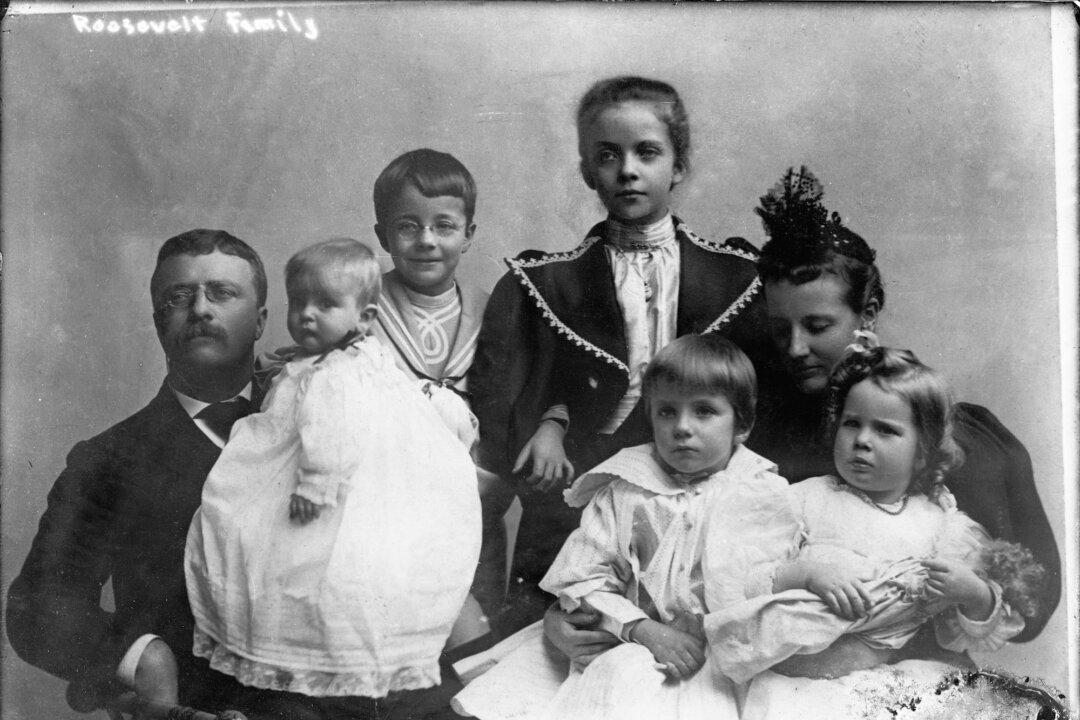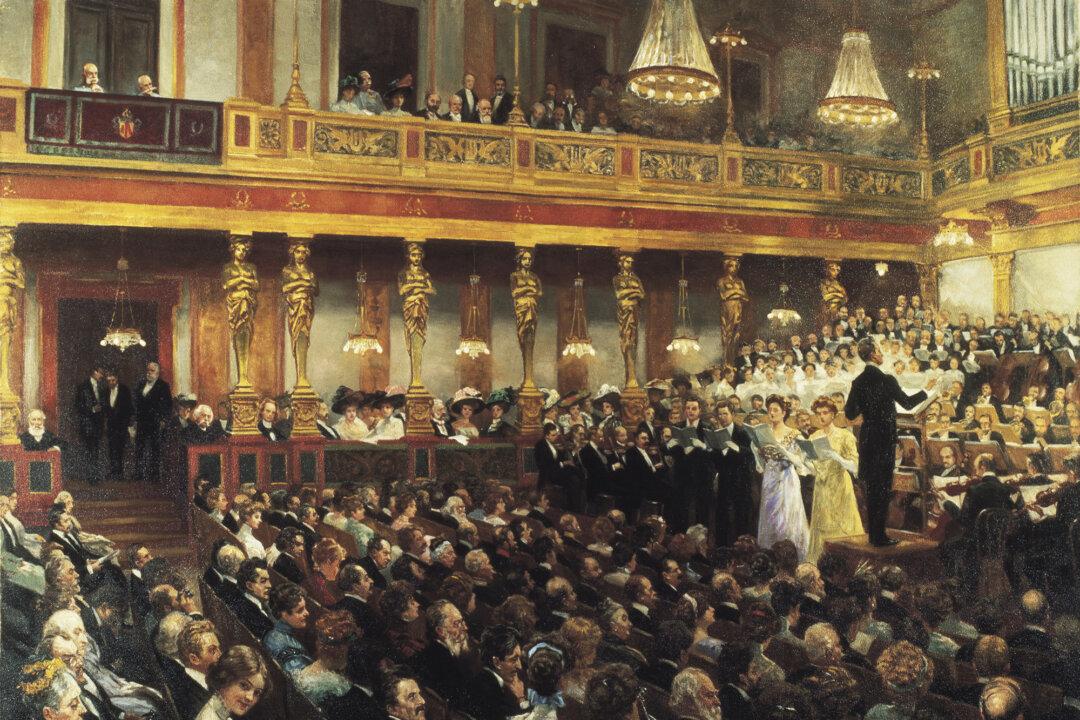In an age when feminism seems to rule, there’s a lot of pressure for fathers to start acting softer and more feminine in dealing with their children. Not a trace of that “toxic masculinity” should come through!
Perhaps that is why we see increasing condemnation of competition (“everyone gets a participation trophy!”) or “dangerous” activities like winter sledding (“little Johnny could hit a tree!”), or allowing children to stray a few blocks from home without adult supervision (“they might be kidnapped!”). Why would we want parents, particularly fathers, to stress the traditionally masculine virtues of competition and adventure to their children when we’re trying to root toxic masculinity out of society?
Annie Holmquist is a cultural commentator hailing from America's heartland who loves classic books, architecture, music, and values. Her writings can be found at Annie’s Attic on Substack.
Author’s Selected Articles






